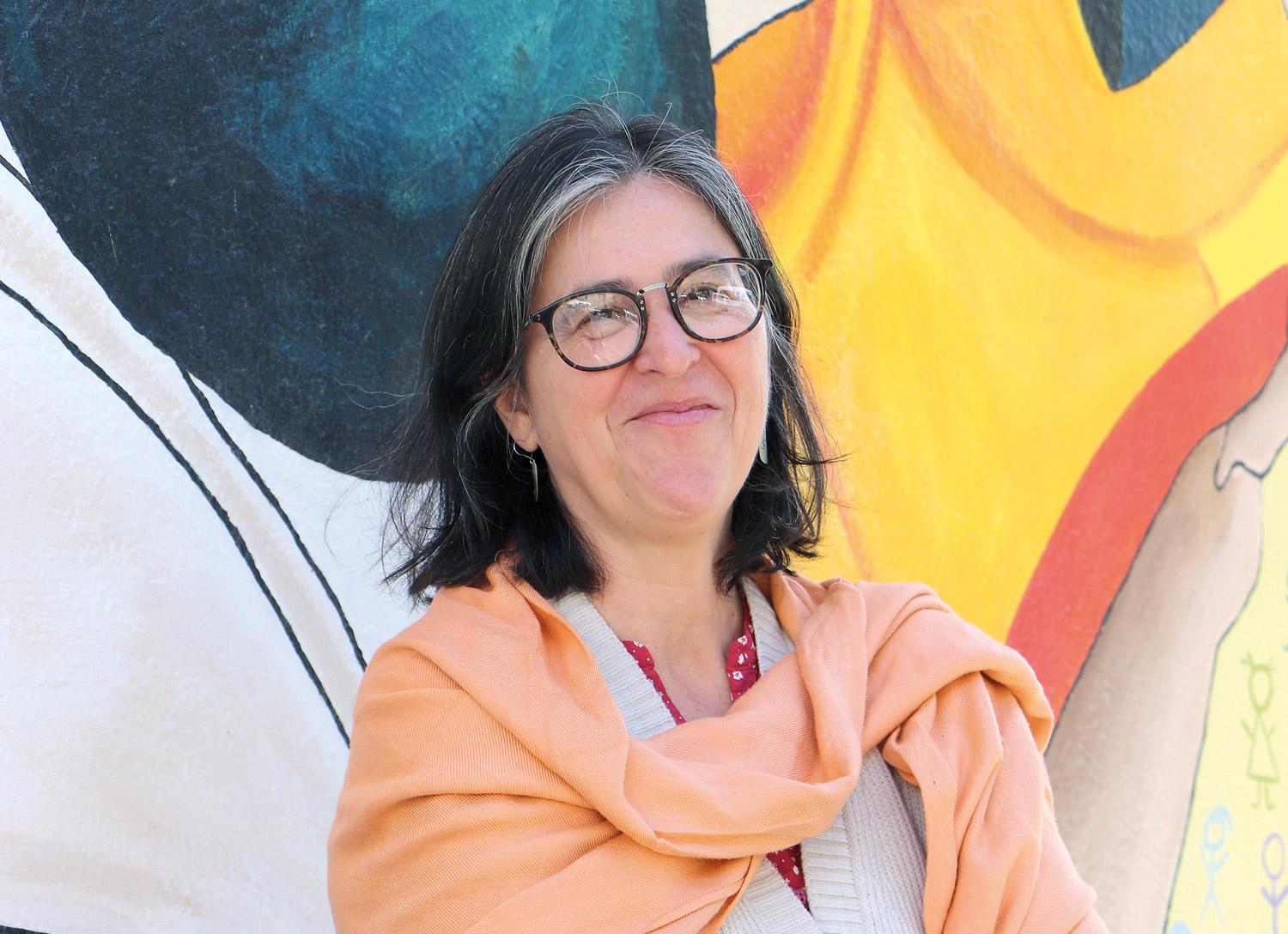
A few years ago, I wrote a little book about Tene Mujika, which is called Udazken Argitan. When I started doing that biographical essay, I met our protagonist today, Mr. Watson Kirkconnell. In 1928, Kirkconnell published a nice book of European Elect anthology, which included among the selected picks a poem by Tene Mujika translated into English. Surely, because Mujika is a woman, it is not mentioned much that it was (and is) the poem of Tene Mujika one of the few who received this consideration in the Basque literature.
I'm going to explain to you why and how Kirkconnell's blue and old cover book, Waston Kirkconnell, and how Tene Mujika's poem came in.
I'm going to explain to you what Waston Kirkconnell was, why and how that book was made and how Tene Mujika's poem came along.
Watson Kirkconnell was born in Canada and became a well-known, important and controversial intellectual. The son of a Scottish family who spoke of a Gaelic dialect now missing, maintained a strong emotional connection with the traditions of the country of family origin. It also followed another more sad tradition, which was widespread among the descendants of European migrants: it was racist.
As a young man he spoke and theorized about the upper race of the white Anglo-Saxon Protestants. But he was also a fan of poetry and language, and studies in these fields generated certain contradictions in his thinking, because if you want languages, you'll be willing to accept that there is no better language than the other, and therefore, to realize that the ability to feel and create miracles is the same among the people who speak those languages. It is more difficult on this road to remain a cultural racist.
His wife died in 1925, and his point of view changed a little. In his honor he made European choices. The book is surprisingly nice. It is an English collection of poems of choice of 40 different languages in Europe, classified by seasons: spring, summer, fall, winter. And there, in the fall, are the words of our poet Tene Mujika. Here is a good start in English:
Gone is the grace of summer. Gone at last,
‘97; &’ 97; & ‘97; &’ 97;
Gone is the summer: that its grace is χ
mountain and bale remind.
We know, because it counts in the book, that it was authorized by Tenere to publish and translate the poem. I also think that Watson Kirkconnell met Mujika through the Euskaltzale Zirilo of Arzubiaga, which is the Basque name he mentions in the corner of the book; we know that Zirilo Arzubiaga was exiled to England in 1936, and I have come to the conclusion that Arzubiaga was going to have some relationship with England and English, and then.
The truth is that to our protagonist, Mr Kirkconnell, the elaboration of this book opened up his point of view and began to think about the Canadian multicultural society. She claimed the linguistic richness of Canada and theorized it on an image, that is, for her Canadian society should be a multicultural and multicultural tapestry.
We are talking about opening up Kirkconell's perspective. But it also opened “a bit.” And that is that, although his reasoning came to the recognition of the equality of other European cultures that were not Anglo-Saxon, he could not look at the same level the cultures of the peoples originating in the territory in which he lived. I believe that the members of a colonial people will hardly be recognized, because this will have direct political consequences, for example, if the others are equal, not less, how do you give the right to conquer and dominate the lands of others? I mean, what are you doing in a territory that is not yours? Or how to organize a state without counting on those who were before you?
However, their contributions to Canadian cultural thinking have been fundamental. And, among other things, current attempts to revitalize Canadian indigenous languages are part of the heritage of Kirkconnell’s arguments for the adoption of a multilingual cultural fabric in Canadian society.
With this little story, we can see that the paths of oppression are confused and infinite human contradictions.
Her daughter learns to play the ukulele. He once acted with Somewhere over the rainbow notes. The author of this version was Israel Kamakawiwo?ole. As you see, Mr Israel’s last name is quite special to us. So special that “Cira, this is not an English surname, maybe behind... [+]












